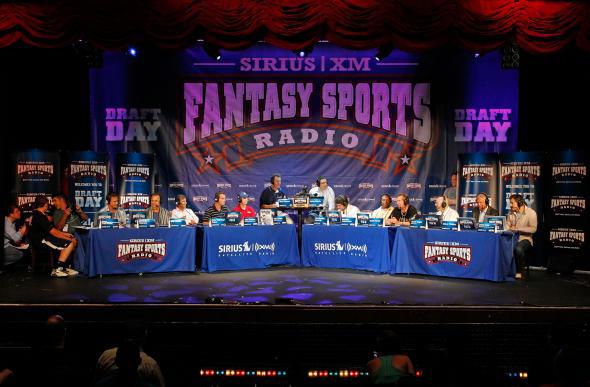The multi-billion dollar fantasy sports industry came under increased scrutiny Monday after an employee of DraftKings, one of the two major daily fantasy gaming sites, was found to have inadvertently released data that could have given certain players an advantage and raised questions about who has access to the internal data at each company and how it could be used to unfairly tilt the odds in a particular person’s favor.
An individual who has access to data on which players have been selected by other contestants, while not sure to win by any stretch, could use that to select less favored players, which if they had a high scoring game, could give the fantasy owner a significant advantage. While it might sound like a small error among friends, the daily games at DraftKings and its rival FanDuel, offer purses from contestants entry fees that now reach into the millions of dollars.
The DraftKings employee who spilled the data online before the rosters were set, enabling contestants to potentially play off the information, says it was inadvertent. Both companies prohibit their employees from competing on their own sites, but many play on competitors’ sites. And as luck—or not luck at all—would have it, this very same DraftKings employee in question won a whopping $350,000 for finishing second in last week’s FanDuel NFL Sunday Million competition. “The contest, which cost $25 to enter, featured $5 million in cash winnings, including $1 million to the winner,” according to ESPN. “A DraftKings spokesman acknowledged that employees of both companies have earned sizable prizes playing at other daily fantasy sites.”
On Monday, both companies barred employees from participating in competitions on other sites, according the New York Times, as they tried to reassure customers of the integrity of their games. “DraftKings and FanDuel posted on their sites an unusual joint statement saying they have no evidence anyone misused information for profit,” the Associated Press reports. “The broader issue is whether players who put up entry fees to try and win money in the contests can be sure that insiders — or anyone else — is getting an unfair advantage.” The fantasy gaming industry managed to escape regulatory oversight when first established because the contests were deemed games of skill, not chance, and are legal in all but five states. “But because Congress did not foresee how fantasy sports would explode, one member, Representative Frank Pallone Jr., Democrat of New Jersey, recently requested a hearing to explore the relationship between fantasy sports and gambling,” the Times reports.
